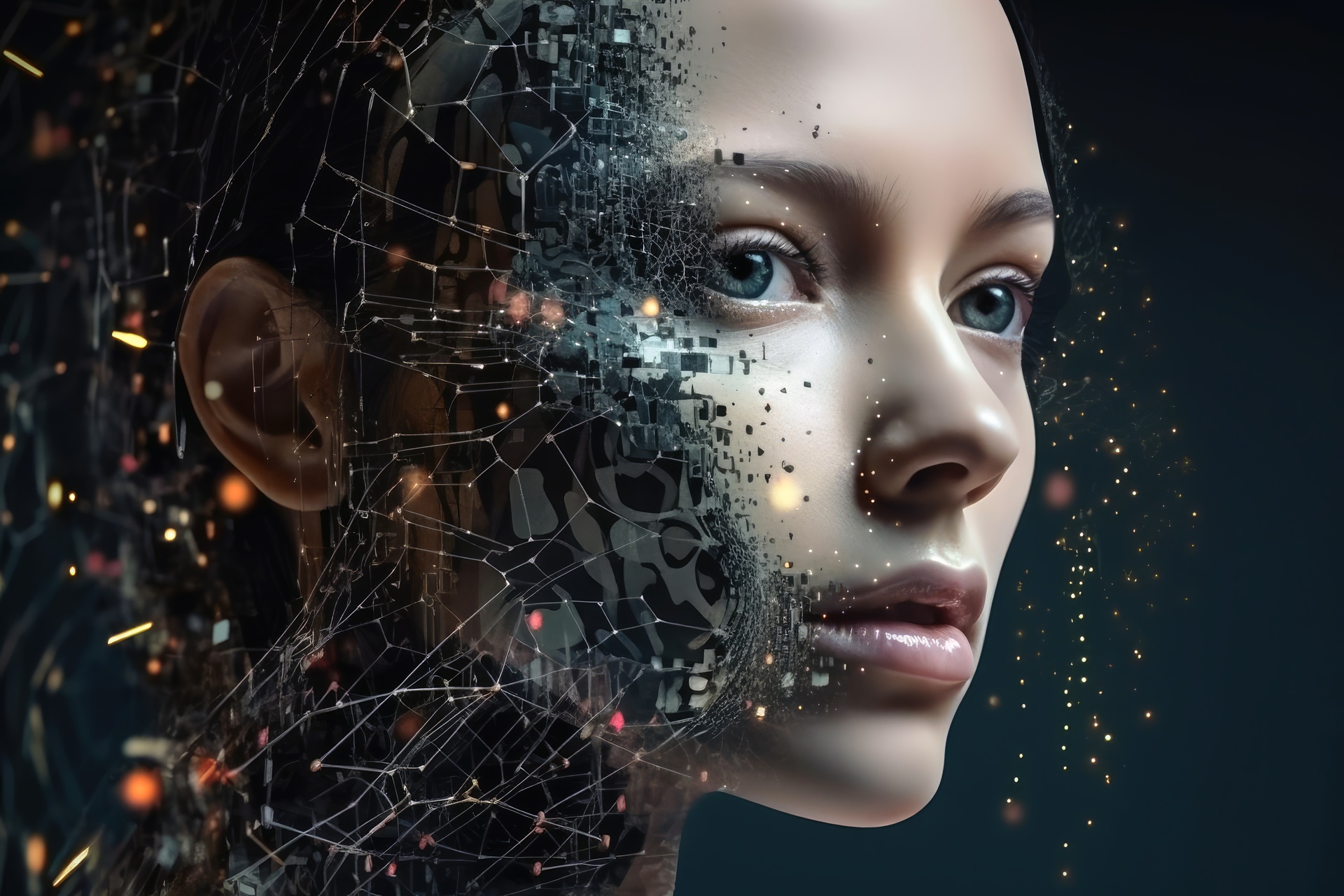The Role of Artificial Intelligence in Digital Marketing: Opportunities, Challenges, and Best Practices

In today's fast-paced digital world, Artificial Intelligence (AI) stands as a beacon of transformation. It's revolutionizing industries, and digital marketing stands among the most impacted. From chatbots facilitating real-time customer interactions to predictive analytics tailoring personal shopping experiences, AI is ushering in a new era of consumer engagement. However, with great power comes great responsibility. Let's delve deep into AI's role in digital marketing, the opportunities it presents, its inherent challenges, and the best practices businesses should adopt.
1. Opportunities Offered by AI in Digital Marketing
Personalization at Scale: One of the significant advantages AI offers digital marketers is the ability to personalize content for a vast audience. Algorithms can sift through enormous amounts of data to present users with content, advertisements, and recommendations tailored to their unique preferences. Brands like Spotify and Amazon are already using this to suggest playlists and products, enhancing user satisfaction and increasing sales.
Predictive Analysis: AI doesn't just react; it predicts. By analyzing past consumer behavior, purchasing patterns, and browsing habits, AI provides insights into how a consumer might behave in the future. This forward-looking approach allows marketers to be several steps ahead, tweaking campaigns for optimal engagement and ROI.
Chatbots and Customer Service: The days of waiting in long queues to speak to customer service representatives are waning. Chatbots, powered by AI, are on the frontline now, addressing user queries, assisting in purchases, and even upselling products—all in real-time.
Visual Recognition: Visual recognition tools are redefining online shopping. Now, users can snap a photo of a dress they like, and AI will scan vast online inventories to find similar items. Brands like Pinterest and ASOS are pioneers in this visual-driven shopping experience.
Content Generation: Think AI can't be creative? Think again! Tools like OpenAI's GPT-3 can craft content ranging from catchy ad copies to comprehensive article drafts, streamlining the content creation process.
2. Challenges Presented by AI in Digital Marketing
Data Privacy Concerns: With great data comes great responsibility. The very data AI thrives on can become its Achilles heel if not handled responsibly. With regulations like GDPR in play, businesses must ensure data privacy and transparency, or they risk severe penalties.
Over-reliance on Automation: As the saying goes, "Too much of a good thing can be bad." While AI can automate tasks, over-relying on it can strip the human touch from campaigns, making them feel sterile and impersonal.
Integration Issues: Adopting AI isn't a simple plug-and-play affair. Integrating its functionalities into existing systems can pose technical challenges and require significant resource allocation.
Rapid Technological Changes: AI is a field in flux. Today's groundbreaking tech can become obsolete tomorrow. Marketers must stay on their toes, continuously learning and adapting.
3. Best Practices for Incorporating AI into Digital Marketing
Strive for Balance: Use AI as a tool, not a replacement. Ensure that human creativity and intuition play significant roles in your campaigns.
Prioritize Data Privacy: Regularly audit your data handling processes. Always seek explicit user consent and be transparent about how you'll use their data.
Continuous Learning and Adaptation: Encourage teams to undergo regular training sessions and workshops. Being updated with the latest AI trends and tools is crucial.
Test, Test, Test: Before rolling out AI-driven campaigns or features, always run pilot tests. Use the insights to refine and optimize.
Collaborate with AI Experts: Considering the intricate nature of AI, it's wise to have AI specialists on your team or, at the very least, have them in an advisory role.
4. Case Studies: Success Stories and Lessons Learned
Netflix and Personalization: Netflix's recommendation engine, driven by robust AI algorithms, analyzes user behavior to suggest shows and movies. This AI-powered personalization is a key contributor to the platform's staggering user engagement rates.
ASOS and Visual Searches: ASOS introduced a visual search tool allowing users to find products similar to an item in a picture they upload. This innovative approach enhances user experience, making shopping seamless and fun.
The Rise of Chatbots: Businesses across industries are employing chatbots for a myriad of functions. Sephora's chatbot, for instance, offers makeup tutorials and product recommendations, leading to increased user engagement and sales.
Conclusion
Artificial Intelligence is undeniably reshaping the digital marketing landscape. It promises efficiency, personalization, and deep consumer insights. However, like any tool, its efficacy lies in how it's used. By understanding its capabilities, being aware of its challenges, and adhering to best practices, businesses can harness AI's immense potential to revolutionize their digital marketing endeavors. The future beckons, and it's intelligent.